The French delicacy foie gras, long celebrated as a symbol of gourmet luxury, is facing mounting pressure from animal rights activists. Once a staple on high-end menus and holiday tables, its sales have plummeted in recent years as ethical concerns over its production method—force-feeding ducks and geese—spark global outrage. What was once an uncontested cultural icon of French gastronomy is now at the center of a heated debate between tradition and animal welfare.
Foie gras, which translates to "fatty liver," is produced by gavage, a process where birds are force-fed large quantities of corn mash through a tube inserted into their esophagus. This practice, dating back to ancient Egypt, causes the liver to swell up to ten times its normal size. Producers argue that it’s a painless procedure, deeply rooted in French heritage. Yet veterinarians and activists counter that the method induces immense suffering, leading to injuries, respiratory distress, and even premature death.
In France, the industry is protected under a 2006 law that designates foie gras as part of the country’s "cultural and gastronomic heritage." However, the tide is turning. Several countries, including the UK, Germany, and India, have banned its production outright. In the U.S., California’s prohibition on sales lasted nearly a decade before a legal loophole allowed its return—though many chefs and retailers now refuse to stock it on principle. Even in France, a growing segment of consumers, particularly younger generations, are rejecting the product on moral grounds.
The backlash has hit sales hard. Data from France’s foie gras industry council (CIFOG) reveals a 30% drop in domestic consumption since 2015. Exports, once buoyed by demand in Asia and Europe, have also declined as importers face pressure from advocacy groups. Luxury hotels and restaurants, wary of reputational damage, are quietly removing it from menus or offering plant-based alternatives. "It’s becoming a taboo ingredient," admits a Parisian chef who requested anonymity. "Guests ask if it’s ethical before ordering."
Animal rights organizations have been relentless in their campaigns. Undercover footage from farms—showing birds struggling with tubes forced down their throats or collapsing under their own weight—has gone viral. Groups like L214 in France and PETA internationally have lobbied supermarkets to cease sales and pressured airlines to stop serving foie gras in first class. Their messaging is stark: "No delicacy justifies torture." Such efforts have resonated; a 2022 survey found that 52% of French citizens support banning force-feeding, up from 44% in 2018.
Producers, however, aren’t yielding without a fight. Small-scale farmers, particularly in southwestern France, argue that artisanal gavage is humane compared to industrial practices. Some have opened their farms to tourists to showcase "responsible production." Meanwhile, researchers are experimenting with "natural" foie gras—where geese voluntarily overeat in winter—though yields are lower and prices prohibitive. "We’re adapting," insists a Dordogne producer, "but erasing centuries of tradition isn’t the answer."
The controversy has also ignited a cultural clash. French politicians, from rural mayors to former presidents, have framed critiques of foie gras as an attack on national identity. When a Spanish city banned it in 2022, France’s agriculture minister called the move "culinary imperialism." Yet critics note the hypocrisy: France itself bans veal crates and battery cages—practices it deems cruel when applied to other animals. "Tradition doesn’t excuse cruelty," argues an ethicist. "Societies evolve, and so should their food systems."
For now, the future of foie gras hangs in the balance. While it remains legal in France, the industry’s attempts to rebrand itself as ethical face skepticism. Meanwhile, alternatives—from mushroom-based pâtés to lab-grown foie gras—are gaining traction. Whether this centuries-old luxury can survive the 21st century’s ethical reckoning may depend on one question: Can tradition ever justify suffering? The answer, it seems, is increasingly "no."
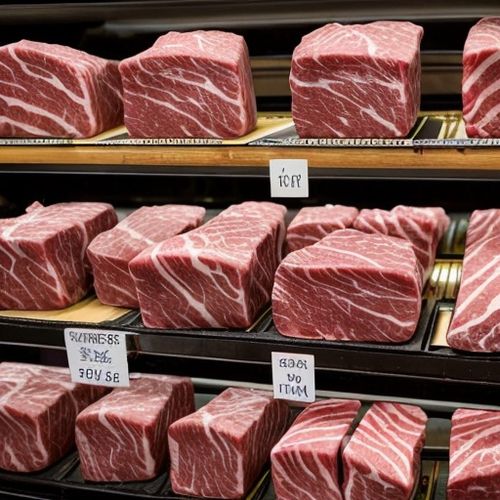
By Lily Simpson/Apr 10, 2025
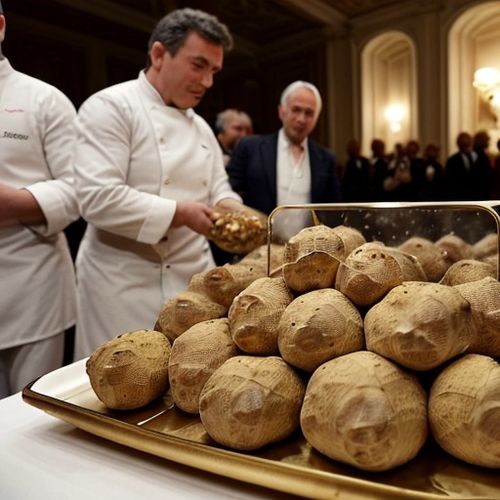
By Victoria Gonzalez/Apr 10, 2025

By Emily Johnson/Apr 10, 2025
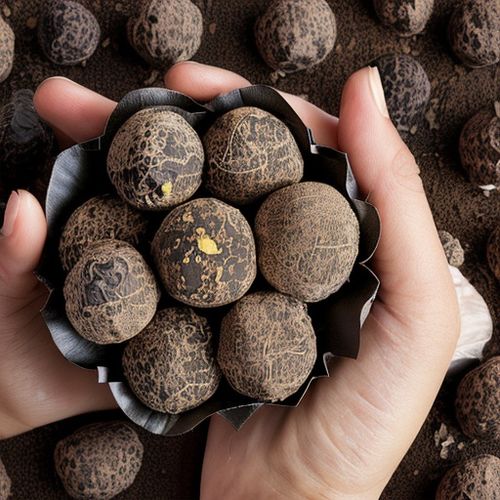
By Megan Clark/Apr 10, 2025
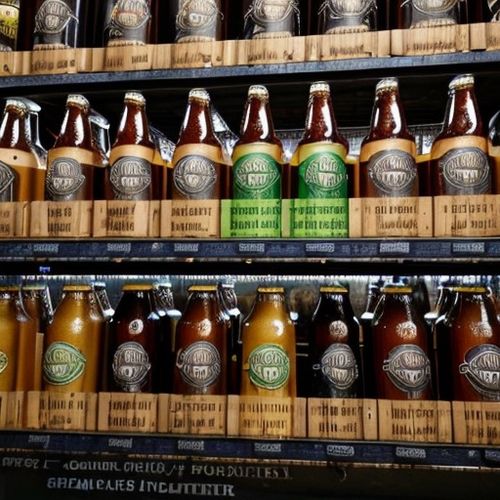
By Amanda Phillips/Apr 10, 2025
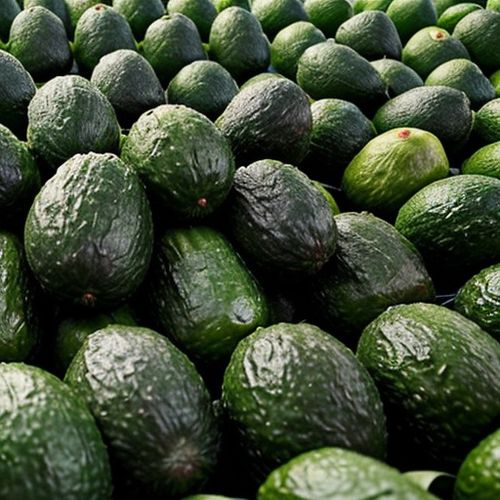
By James Moore/Apr 10, 2025
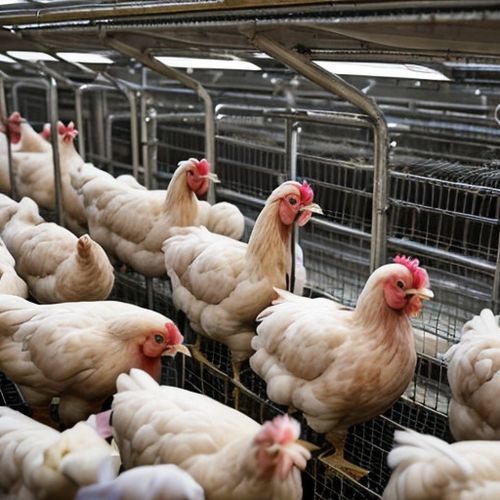
By Noah Bell/Apr 10, 2025

By Eric Ward/Apr 10, 2025
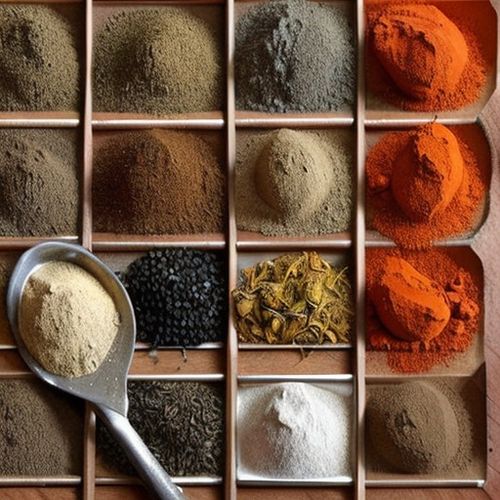
By Megan Clark/Apr 10, 2025
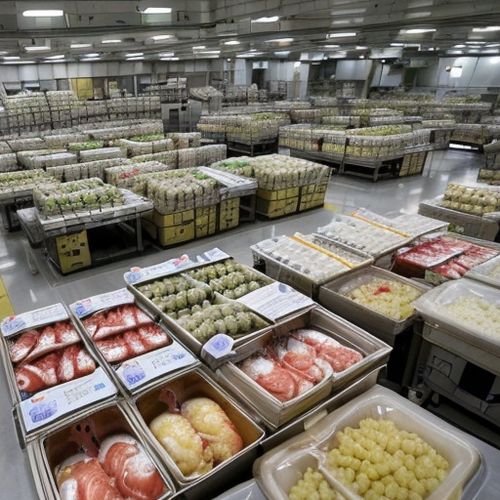
By Natalie Campbell/Apr 10, 2025
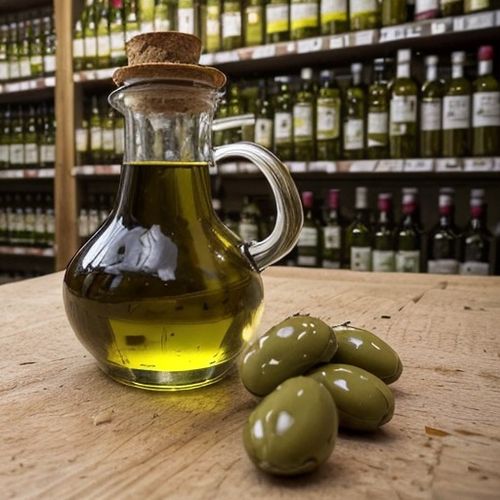
By Amanda Phillips/Apr 10, 2025
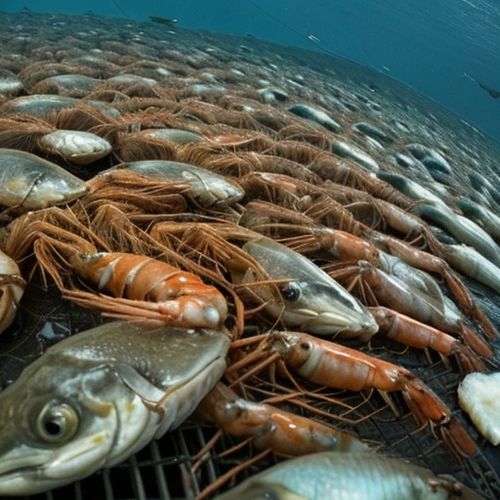
By Michael Brown/Apr 10, 2025

By Elizabeth Taylor/Apr 10, 2025
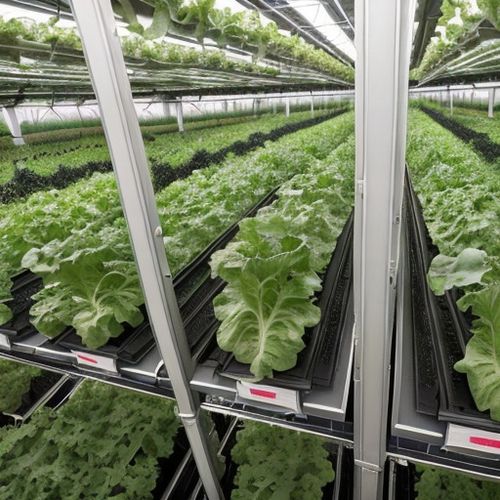
By Emma Thompson/Apr 10, 2025
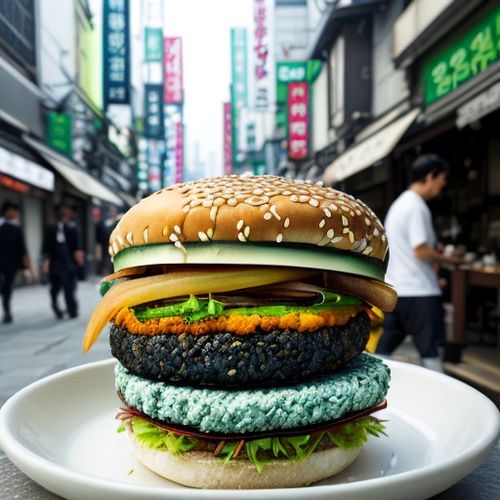
By Natalie Campbell/Apr 10, 2025
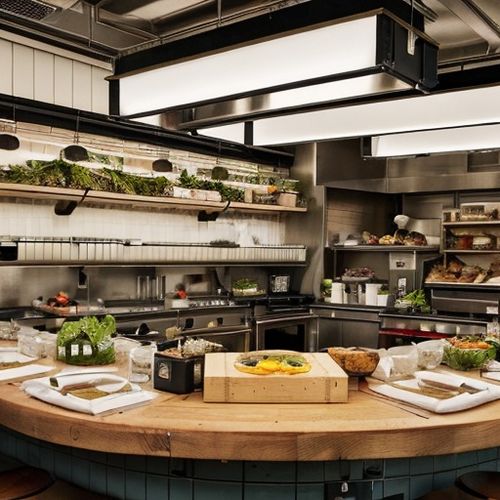
By Eric Ward/Apr 10, 2025
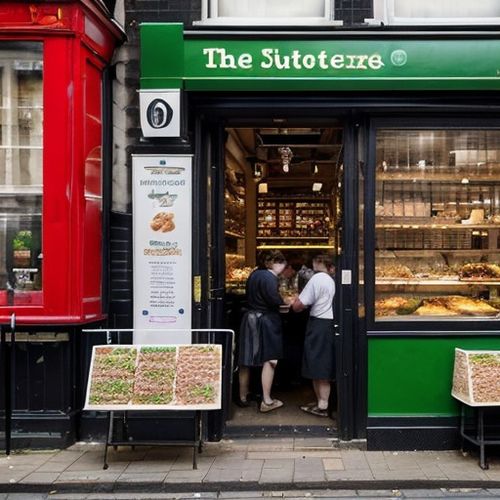
By Sophia Lewis/Apr 10, 2025